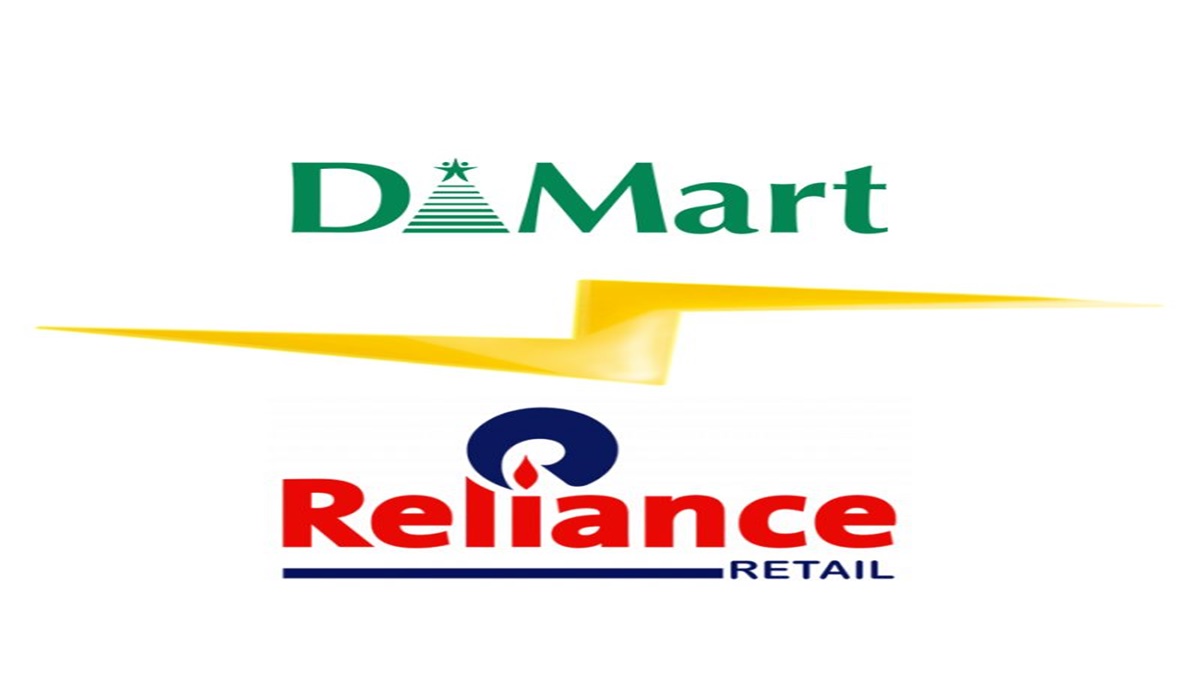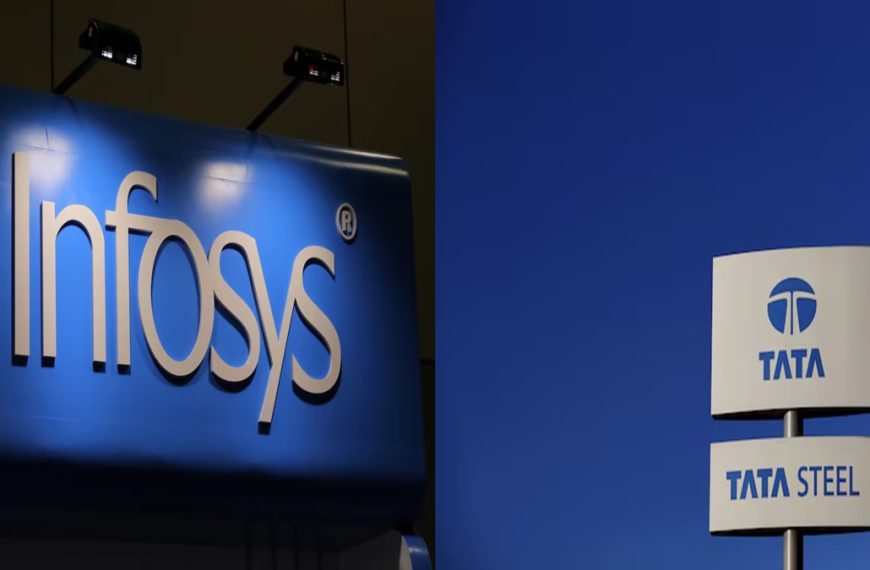In a revealing snapshot of India’s retail landscape for Q4 FY25, Reliance Retail and Avenue Supermarts (DMart) have reported diverging financial outcomes, underscoring their distinct operational strategies. While Reliance Retail, the nation’s leading organized retailer, showcased impressive double-digit growth in revenue and profit, Avenue Supermarts faced an unexpected downturn in net profit due to heightened competition and rising operational costs. This contrast highlights the evolving dynamics within the fast-moving consumer goods (FMCG) sector.
Reliance Retail Surges Ahead
Reliance Retail’s robust performance can be attributed to a strategic approach that emphasizes store rationalization and a boost in consumer spending. The company achieved a remarkable double-digit growth in consolidated revenue and earnings before interest, taxes, depreciation, and amortization (Ebitda) during this quarter. The financial results reveal:
- Revenue Growth: Double-digit increase in revenues.
- Ebitda Margin: Consistently maintained in the range of 8.2-8.5% over the past five quarters.
According to a report from JP Morgan, the successful completion of store rationalization has been pivotal for Reliance. Chief Financial Officer Dinesh Taluja noted that despite closing a significant number of stores—2,200 out of 2,700 launched in FY25—the net addition of 500 stores has allowed for focused growth in profitable locations.
Avenue Supermarts Faces Challenges
In contrast, Avenue Supermarts reported a surprising decline in net profit this quarter, despite a 17% increase in revenue compared to the previous year. The company’s Ebitda growth was minimal at just 1.2%, marking its lowest performance in five quarters. Key highlights include:
- Ebitda Margin Decline: A drop of 100 basis points to 6.4% year-on-year.
- Competitive Pressures: Increased competition in the FMCG sector and ongoing investments in service levels have impacted profitability.
Brokerage firms Citi Research and Morgan Stanley have flagged concerns regarding DMart’s earnings, pointing to decreased sales throughput and a challenging product mix. The contribution from General Merchandise and Apparels (GM&A) has been falling, mainly due to a slowdown in discretionary spending among budget-conscious consumers.
Strategic Shifts at DMart
In response to evolving market conditions, DMart is adapting its strategy. CEO Neville Noronha recently announced a shift towards prioritizing convenience in metro areas, moving beyond the traditional focus on value. The company is ramping up its e-commerce platform, DMart Ready, which has seen significant growth in home delivery services.
Key strategic updates include:
- Scaling Down: Reduction of click-and-pick locations to focus on home delivery.
- Growth in E-commerce: Home delivery is compensating for any losses from the reduced number of pick-up points.
Noronha emphasized that this year has been one of reassessment and adjustment, fostering confidence that DMart’s business model remains effective for urban shoppers.
Conclusion
As the retail sector continues to evolve, Reliance Retail and Avenue Supermarts illustrate contrasting paths to growth and adaptation. Reliance’s focus on strategic store management and consumer demand has positioned it favorably, while DMart grapples with competitive pressures and changing consumer behaviors. The coming quarters will be pivotal for both players as they navigate this dynamic market landscape.











